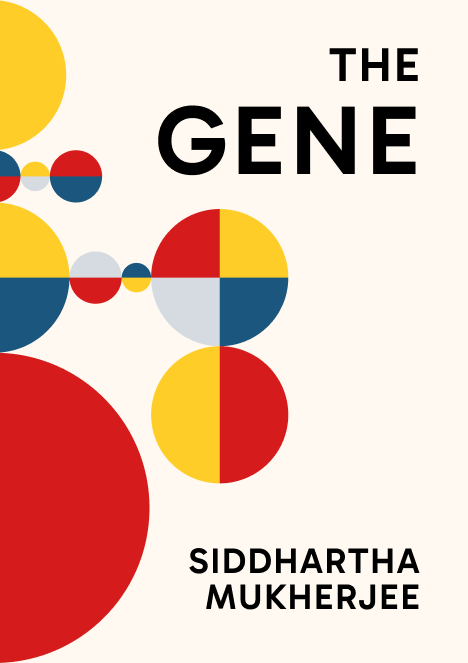Genetics is a relatively recent science, but during its short existence it has already had a significant impact on many aspects of our lives.
Basically, the aim of genetics is to find the answer to one of the most important questions about our existence: who are we?
By first studying heredity, and then genetics, scientists tried (and keep trying) to unravel the mystery of life as they analyse what makes us the beings that we are. Just like programming has bits as fundamental units and physics has atoms, genetics is based on the study of genes.
Genes reside within chromosomes - threadlike filaments that are found inside cell nuclei. Humans have 46 chromosomes, 23 of them come from our mothers and the remaining 23 are inherited from our fathers. They contain the instructions to build, repair and modify an organism.
The entire set of instructions carried by an organism is called the genome. In the case of human beings, the genome contains between 21.000 and 23.000 genes.
